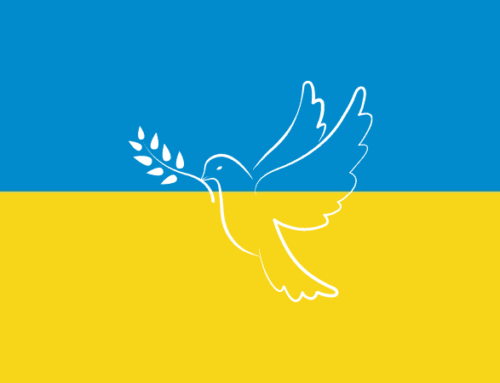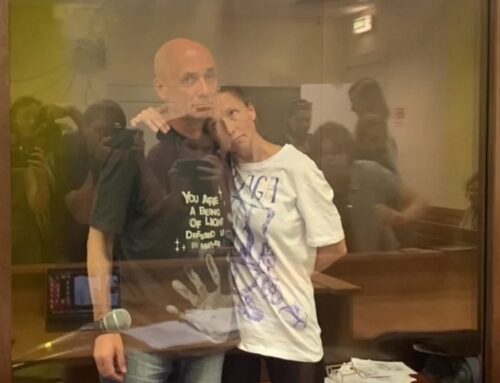Monitoring the trial of V. Yanukovych (court hearing 01.20.2020)

On January 20, a hearing was held in the Kiev Court of Appeal in the case of ex-president of Ukraine V. Yanukovych. A year ago, on January 24, 2019, the Obolonsky District Court of Kiev passed a verdict on ex-President of Ukraine V. Yanukovych, convicting him of high treason (Article 111 of the Code of Criminal Procedure) and complicity in the planning, preparation and conduct of an aggressive war (Articles 27, 437 of the Code of Criminal Procedure).
The session began with a slight delay due to the employment of the board in another trial. At this session, as at the previous ones, the court listened to the legal position of the defense, asking clarifying questions.
Lawyers raised the issue of violation of the terms of the pre-trial investigation. It should be noted that the case of V. Yanukovych was separated from another criminal proceeding, therefore, the defense believes that the countdown began from the moment the statements were submitted to the Unified Roster of Pretrial Investigations, and not from the moment the materials of the case were allocated and the notice of suspicion was handed to V. Yanukovych. The prosecution did not agree with this position, and noted the following among its arguments: the Ukrainian Criminal Procedure Code as amended in 2016 did not contain a peremptory norm that would regulate the matter of counting the terms of a pre-trial investigation depending on the allocation or combination of case materials, therefore prosecutors believe that the countdown of the pre-trial investigation began from the moment the materials of the case were allocated.
Further, lawyers raised the issue of violation of the principle of a fair trial, in particular, pressure on the court. Thus, the defense believes that the ex-Prosecutor General of Ukraine knew about the composition of the board of the court, which will consider this criminal proceedings, even before the automated distribution of judges, since Y. Lutsenko confirmed the information of a Ukrainian journalist who published an article with the names of the future board of the judges. According to article 6, paragraph 1, of the European Convention on Human Rights and Fundamental Freedoms, anyone charged with the criminal law “has the right to a fair hearing. . . an impartial tribunal …”. ISHR experts express their concern about the possible violation of the principle of a fair trial, since compliance with this principle is an integral element of any legal state, in addition, this principle acts as a kind of guarantee that the accused will be able to use the vast majority of his criminal procedure rights, as “Fair trial” includes the presumption of innocence, the right to a defense, etc. The right to a fair trial, according to Article 6 § 1 of the Convention, requires that the case be examined by an “independent and impartial court” established by law. This expression reflects the rule of law, which is an integral part of the protection system established by the Convention and its Protocols (“Jörgich v. Germany”, “Rickert v. Poland”). “Law” within the meaning of paragraph 1 of Article 6 includes, in particular, legislation governing the establishment and competence of the judiciary, as well as any other provision of national law that, if violated, will make it illegal for one or more judges to take part in the proceedings (“Gorgiladze v. Georgia “, “Panjikidze and Others v. Georgia “).
In addition to all of the above, the court considered the issue of abuse of the right by lawyers. The presiding judge asked the defense a number of questions about the grounds for a significant number of challenges of the panel of the court of first instance in order to determine whether the challenges had the ground or were a manifestation of an abuse of the right (as one of the judges of the Obolonsky district court stated at one time). It is worth noting that the category of abuse of rights is known not only to Ukrainian judicial practice, but also to international law and the practice of the ECtHR. So, in article 17 of the “Convention for the Protection of Human Rights and Fundamental Freedoms” dated 04.11.1950r. # ETS N 005 “Prohibition of abuse of rights” provides that “Nothing in this Convention shall be construed as giving any state, group or person the right to engage in any activity or to perform any action aimed at the abolition of any rights and freedoms recognized in of this Convention, or to limit them to a greater extent than provided for in the Convention”.
Experts from the International Society for Human Rights will continue to monitor and clarify the details of this trial.
The next hearing will be held on February 3, 2020 at 11:00 am.








Leave A Comment